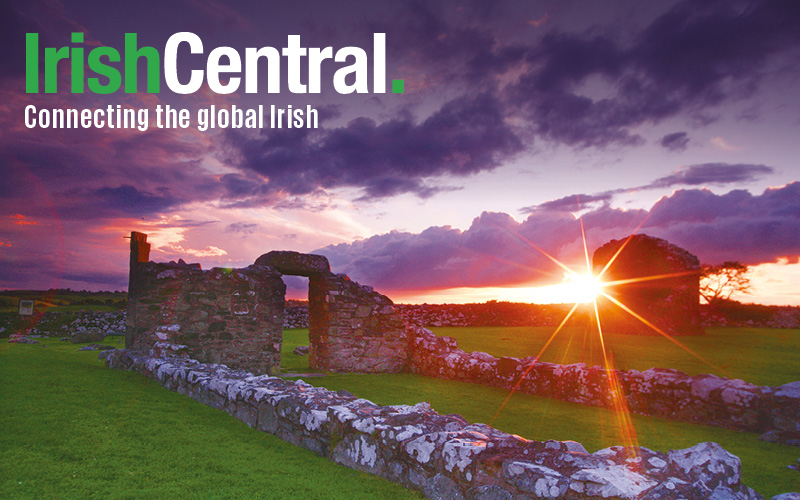Ireland of the welcomes may not be so welcoming after all – if you’re an American looking for a job, that is.
According to a new report by British bank HSBC, cited in the Washington Post’s World View series, of the 34 countries ranked by economic opportunities and quality of life for expatriate workers, Ireland ranked second to last. Egypt was last.
By comparison, Germany took top honors in Europe, while China – despite its pollution and food supply problems – was ranked number one overall. Egypt, with its roiling political landscape, came in last.
The main factor that makes Ireland a poor choice for expats is the country’s struggling economy. The collapse of Celtic Tiger Ireland has resulted in high unemployment for domestic workers. The expats rated the education system as pretty poor and the cost of living as very high.
By comparison, expat salaries in Germany and Switzerland are higher than average and this, combined with a lower cost of living, makes the region particularly attractive to foreign workers.
Coupled with the poor employment prospects, expats in Ireland are faced with a high cost of living and high taxes. The taxes can be especially off-putting, since few expats will be eligible, in later years, to avail of the social services funded by those taxes.
In Asian countries with developing economies, salaries for foreign workers can be 15 percent higher than for domestic workers. This doesn’t take into account the lower living expenses, which give the expats a significant boost in disposable income.
Middle Eastern countries tend to be poor choices for expats, owing to conservative social customs and restrictions on property ownership by non-citizens. The exceptions to this are the wealthy Gulf states of Qatar and Bahrain, whose governments put a special focus on attracting wealthy expats who are looking for business opportunities.
But it’s not all bad news for foreign workers looking to put down stakes in Ireland. In its World Views series, "40 maps that explain the world," the Washington Post has created illustrations that reflect other metrics in the HSBC report.
Ireland ranks high among its Western European neighbors – and two categories higher than the United States -- on the list of countries that are most welcoming to foreigners. It ranks higher than the U.S. and the UK in the best places to be born.
The legendary Irish temperament – with laughter, tears and everything else close to the surface? Well, statistics say that’s no blarney – the Irish rank near the top of the scale of countries where people are the most emotional. It’s no surprise that the British, with their famously stiff upper lips, rank just below the Irish.
What might be a surprise, in newly multi-cultural Ireland, is that the country came in behind the UK and the U.S. in a study of racial tolerance.
While approximately 4.9 percent of British and Americans said that they would not choose “people of another race” as neighbors, the number in Ireland ranged from 10 to 14.9 percent. This may be related to another study, in which Ireland was listed among the world’s most ethnically homogenous countries.
The Washington Post is happy to point out some heartwarming news – namely, that up to three-quarters of Irish people feel loved “a lot.” When it comes to gay rights, Ireland ranks in the second-highest groups with same-sex unions being legal. Ireland is also near the top in the ranking of best countries to be a mother.
In rankings of countries by percentage of children living in poverty, Ireland comes in ninth, with between 5 and 10 percent. While this puts them, statistically, behind Finland (with the lowest number), Ireland is far ahead of the U.S., which ranks 34th on the list – just above Romania – with between 20 and 25 percent of children under 17 years of age living in poverty.
Read the original report: HSBC Explorer Interactive: How Countries Compare




Comments